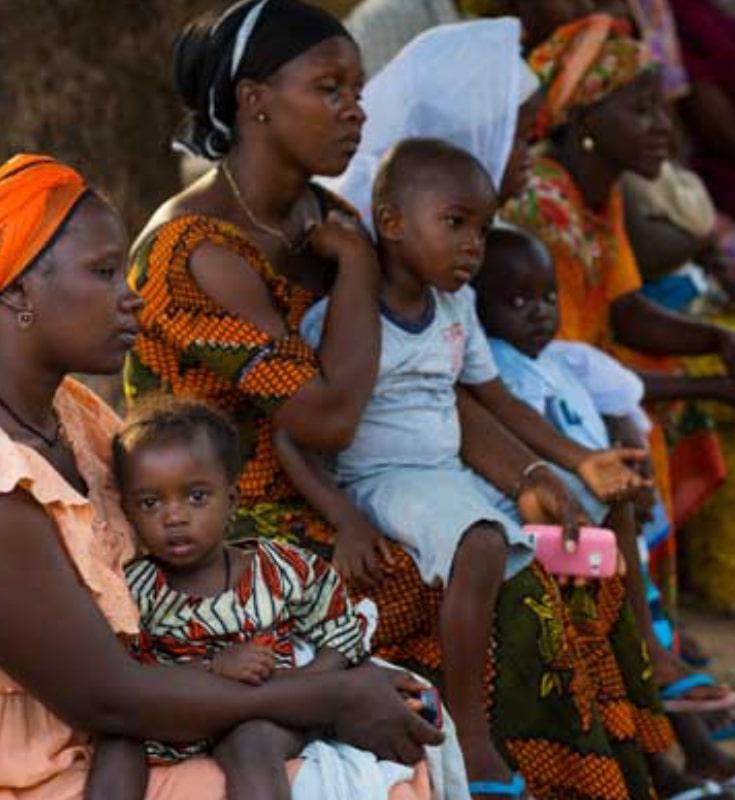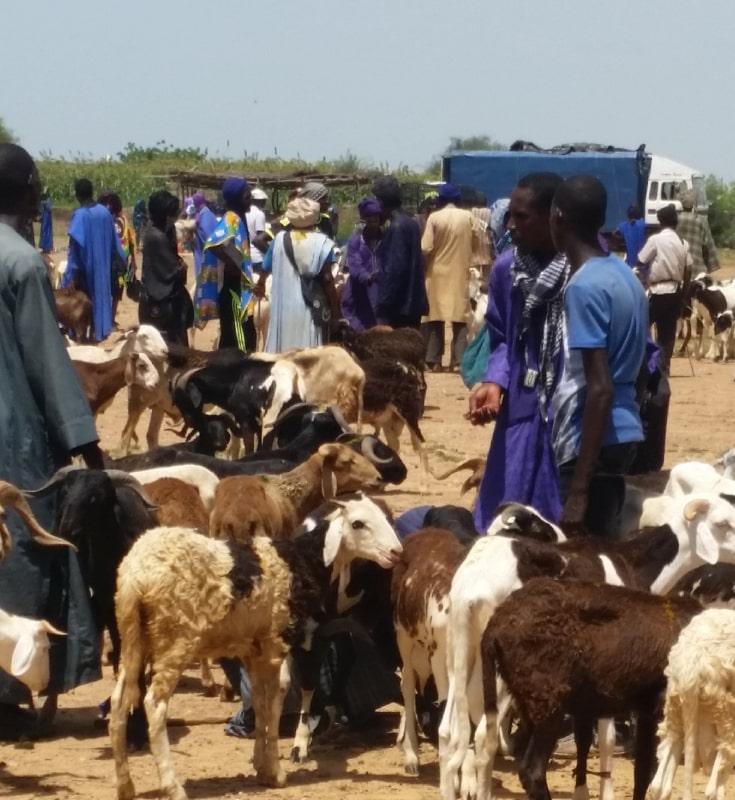
Food security and nutrition, markets
Strategic Axis 1: Food and Nutrition Security
Agricultural production growth in the West African region has been remarkable over the past thirty years, resulting in an increase in per capita food availability (excluding imports) from 1,700 to 2,400 kilocalories during the 1980–2007 period. Despite these achievements—made possible by decades of efforts from States with the support of their partners—and in light of the region’s rapid population growth, the Sahel and West Africa remain affected by chronic food and nutrition insecurity. This issue has recently been worsening, particularly impacting vulnerable populations such as rural households, women, and children. On a daily basis, around 40% of the Sahelian population experiences food insecurity and chronic malnutrition.
In response to this situation, Sahelian and West African States have committed to developing and implementing sustainable food and nutrition security policies and strategies. These efforts include the adoption of the CILSS Strategic Framework for Food Security, the UEMOA Agricultural Policy (PAU), and ECOWAS’s ECOWAP. These initiatives focus on three main areas: (i) seeking sustainable structural solutions, (ii) implementing tools and instruments for managing food and nutrition crises, and (iii) strengthening early warning systems.
Related Services
Related Services

Resilience Analysis and Measurement (AMR)
Monitoring the state of agricultural lands, yield forecasting, and management of planting dates.

Integrated System for Pesticide Management and Registration
Regional catalog of species and varieties for West Africa and the Sahel

Demographic and Socio-Economic Profiles of Sahel and West African Countries
The Database on Demographic and Socio-Economic Profiles

Market Monitoring
Information on prices of foodstuffs and livestock products, and monitoring of supply.
Phytosanitary Surveillance and Crop Protection
Monitoring the condition of agricultural lands, yield forecasting, and management of sowing dates.
Crop Monitoring
Suivi de l’état des terres agricoles, prévision des rendements, gestion des dates de semis.
